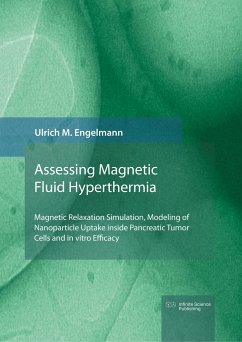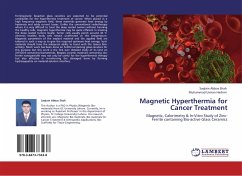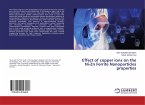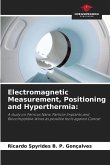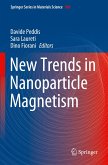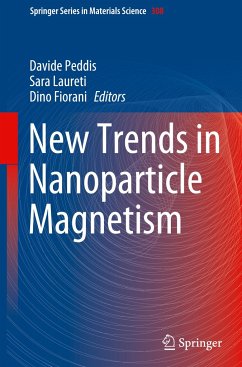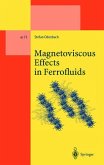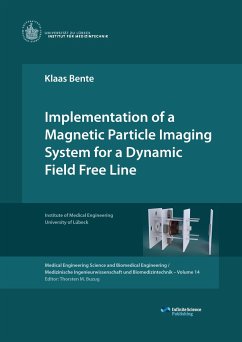Magnetic fluid hyperthermia (MFH) uses magnetic nanoparticles (MNP) to transform the energy of an alternating magnetic field into heat via magnetic relaxation. This enables organ-confined cancer treatment by delivering cell-damaging temperatures higher than 43°C inside tumors. However, MNP-cell interaction restricts MNP mobility and causes MNP agglomeration, severely limiting the MNP heating behavior. Based on in vitro experiments, this book addresses the applicability of MFH to pancreatic tumor cells and discusses optimizations of intracellular MNP heating for clinical application. The impact of MNP-cell interaction on heating efficiency is quantified and compared to MNP systems mimicking intracellular conditions. Besides, Monte-Carlo simulation of MNP magnetic relaxation is used to predict optimal field parameters and MNP properties to maximize MFH efficiency under medical constraints.

